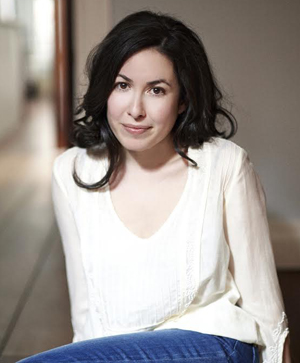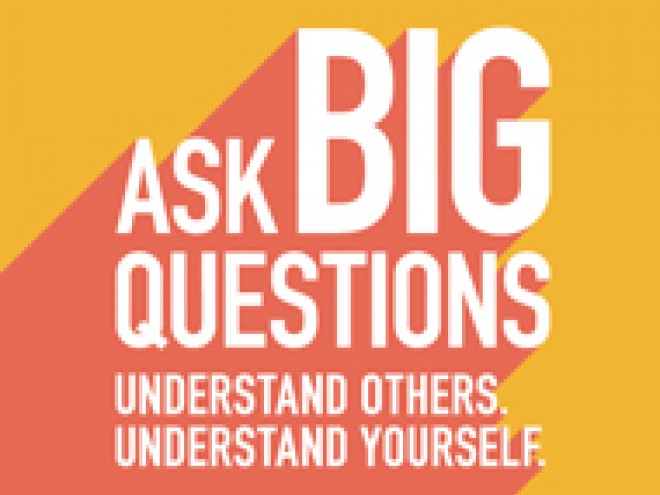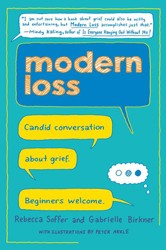Earlier this week, Jessica Lamb-Shapiro wrote about writing a book on self-help. The book, Promise Land: My Journey through America’s Self-Help Culture, is now available. She has been blogging here all week for Jewish Book Council’s Visiting Scribe series.
 Religion kept coming up in my research into self-help. Some religious texts were used as self-help (there is even a self-help edition of the Bible). Books like The Power of Positive Thinking (1954) combined self-help and religion to popular effect; so did forgotten titles like Pray Your Weight Away (1929). A conference I went to led by the author of the Chicken Soup for the Soul books had the feeling of a tent revival. I often saw self-help referred to as “America’s religion, ” and at times I wondered if self-help, for some, had taken the place of religion.
Religion kept coming up in my research into self-help. Some religious texts were used as self-help (there is even a self-help edition of the Bible). Books like The Power of Positive Thinking (1954) combined self-help and religion to popular effect; so did forgotten titles like Pray Your Weight Away (1929). A conference I went to led by the author of the Chicken Soup for the Soul books had the feeling of a tent revival. I often saw self-help referred to as “America’s religion, ” and at times I wondered if self-help, for some, had taken the place of religion.
My own ties to religion were weak. My grandparents had been religious Jews, but my father was an atheist. He even asked the Rabbi (also his brother-in-law to be) who performed his and my mother’s wedding ceremony not to mention the word G‑d. As a result, my contact with Judaism was largely cultural: holidays spent with my grandmother, foods l loved like matzo brie and brisket.
If someone had asked me if I was Jewish, I would have said “yes,” but we had lost contact with most of our traditions, rituals, and history. My father wrote self-help books and was a child psychologist, and I think he believed we could figure out everything we needed for ourselves. He was wrong.
After my mother took her own life, my father was so angry and upset that he stopped talking about her. I was only two years old, and wasn’t allowed to go to the funeral. I was never taken to visit her grave, or taught how to grieve for her. By the time I was twenty-six, I felt completely lost. That summer, the week of the anniversary of my mother’s death, I broke down completely.
My paternal grandmother was the opposite of pushy, the kind of person who just wanted everyone to be happy, but for once, she intervened. Her confession: Every year, on the anniversary of my mother’s death, she told me, she burned a yahrzeit candle. My grandmother never told my father or me that she observed this ritual because she didn’t want to upset anyone. Yet, counter-intuitively, once I was given a way to grieve, I stopped feeling upset. From that year on, I have always lit a yahrzeit candle for my mother on July 27th. The ritual comforts me, and gives me a way to remember her. I light one for my grandmother too now, both to remember her and to remember the time she returned to me a tradition I didn’t even know I’d lost.
Jessica Lamb-Shapiro has written for the New York Times Magazine, Time, and The Believer. She has been a fellow at the MacDowell Colony and the New York Foundation for the Arts. She lives in New York City and Columbia County, NY. Read more about her here.
Related Content
- Joanna Hershon and the Memorial
- Essays: Death, Mourning, and Loss
- The Mystery of the Kaddish: Its Profound Influence on Judaism by Leon Charney
- The Living Memories Project by Meryl Ain, Stewart Ain, and Arthur M. Fischman



